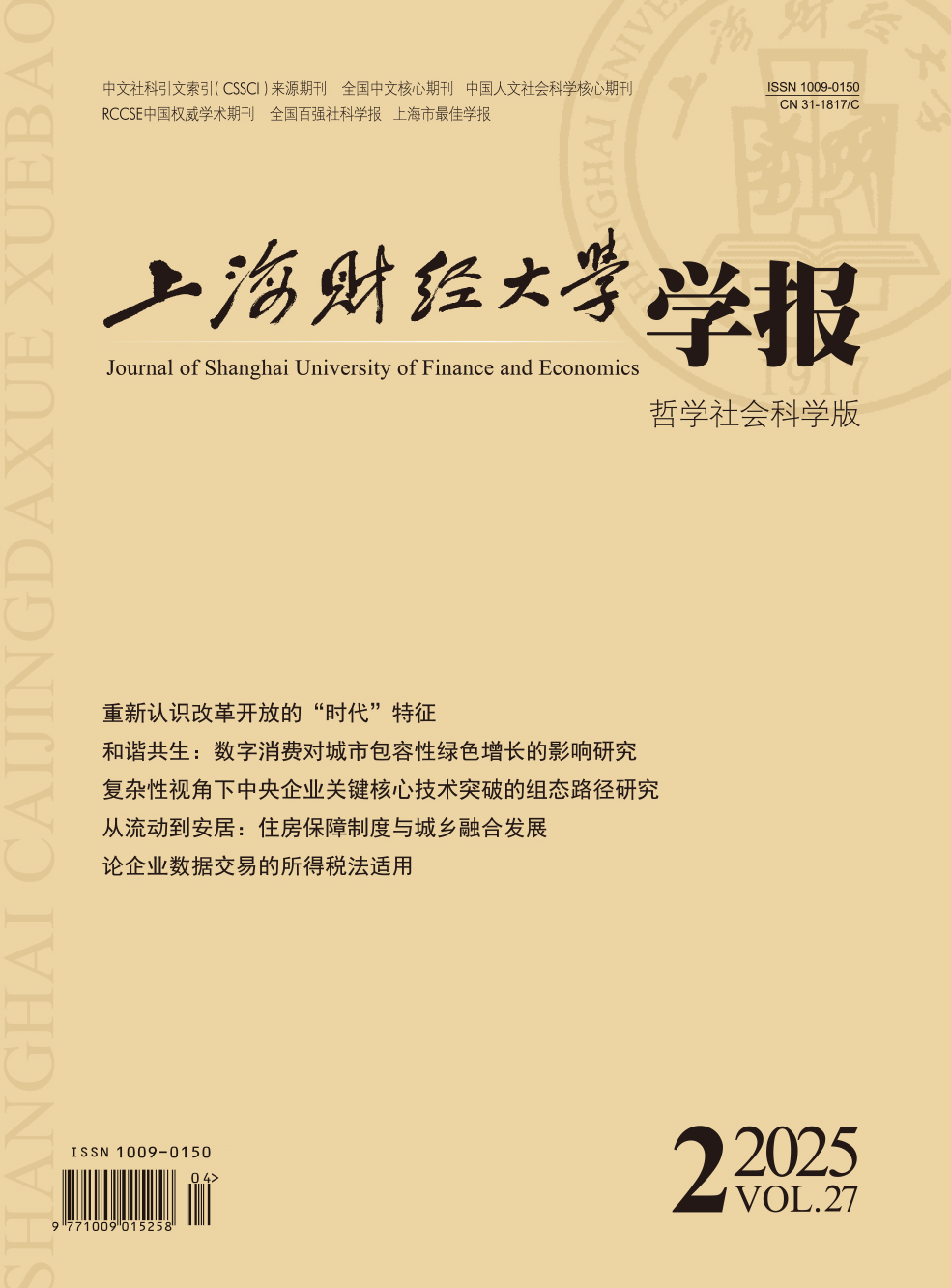The promotion of the level and quality of household financial market participation depends on the level of consumer financial education, leading to the constant increase in the demands of consumer financial education. The process is achieved by consumers through the allocation of leisure time effectively for learning and mastering financial knowledge. During the process of learning financial knowledge, the time actually spent on learning is affected by learning goals, learning paths, the difficulty of knowledge and other individual characteristics. The mechanism of consumer financial education choice is proved by the time-price effect in theoretical model. Using micro-survey data for empirical analysis, it further shows that the feature of group differences of financial education is very significant, fast-food learning is obvious and education resources of colleges and universities are omitted. The conclusions abovementioned help financial institutions to pointedly plan the implementation path of consumer financial education in the future and further improve consumer financial education level.
 / Journals / Journal of Shanghai University of Finance and Economics
/ Journals / Journal of Shanghai University of Finance and EconomicsJournal of Shanghai University of Finance and Economics
LiuYuanchun, Editor-in-Chief
ZhengChunrong, Vice Executive Editor-in-Chief
GuoChanglin YanJinqiang WangWenbin WuWenfang, Vice Editor-in-Chief
Demands of Financial Education, Allocation of Leisure Time and Choice of Consumer Financial Education
Journal of Shanghai University of Finance and Economics Vol. 18, Issue 04, pp. 40 - 51 (2016) DOI:10.16538/j.cnki.jsufe.2016.04.004
Abstract
References
Abstract
Cite this article
Zhou Hong. Demands of Financial Education, Allocation of Leisure Time and Choice of Consumer Financial Education[J]. Journal of Shanghai University of Finance and Economics, 2016, 18(4): 40–51.
Export Citations as:
For




 6124
6124  6945
6945

